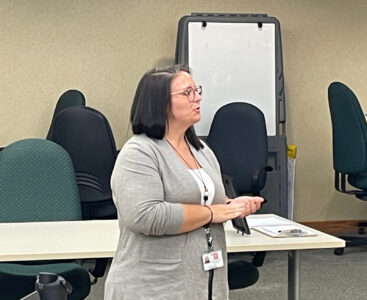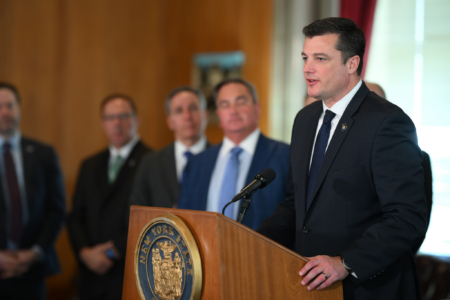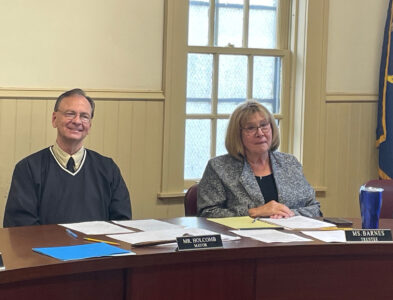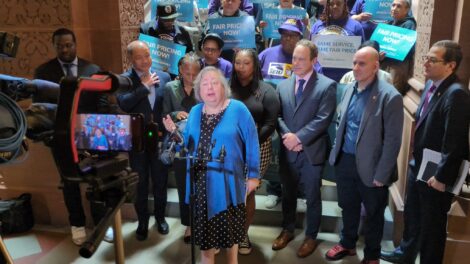DEC Says Wetlands Regulations Follows State Law
State DEC officials have filed their responses to four lawsuits filed in state Supreme Court seeking to invalidate Freshwater Wetlands Act changes that took effect on Jan. 1.
The responses argue that, contrary to the claims made by the Chautauqua Lake Property Owners Association, Business Council of New York State, town of Ellery, the Builders Association of the Southern Tier, Chautauqua Lake Partnership and village of Kiryas Joel, the DEC properly followed state law when it created the regulations after the state Legislature’s 2022 passage of updates to the Freshwater Wetlands Act.
Roy Jacobson, a biologist who oversees the DEC’s Habitat Protection Section within the Division of Fish and Wildlife, said the most significant change to the act is that it no longer requires DEC to promulgate maps depicting the approximate location of regulated wetlands. Instead, he said in an affidavit filed in response to the local lawsuits, that the act created a rebuttable presumption that mapped and unmapped areas meeting the definition of a freshwater wetland in this article are regulated and subject to permit requirements.
“Notably, aside from the size threshold and some minor technical changes, the defining characteristics of ‘freshwater wetland’ have not changed since the act was enacted in 1975,” Jacobson said. “Additionally, the act directs the commissioner to maintain non-regulatory maps on DEC’s website depicting the approximate location of wetlands. Property owners are free to use these informational maps when planning to develop, purchase, or sell a parcel.”
One of the issues raised by the organizations challenging the wetlands regulations is that the DEC allegedly didn’t do enough to address issues and concerns raised during the public comment period before the regulations took effect. Ferguson said the DEC made several changes following the public comment period. He said the agency included 11 new unusual importance criteria, the extent to which DEC would extend the “adjacent area” now that its jurisdiction was not limited to mapped wetlands, a new jurisdictional determination procedure, and a process for property owners to appeal positive jurisdictional determinations from DEC. Jacobson said the DEC further defined parcel and project jurisdictional determinations and provided edits to the proposed rule to ensure that those terms were consistently defined and included a Business Council proposal to require an individual analysis of environmental conditions in a nutrient poor wetland or productive vernal pool before extending protections beyond the 100-foot adjacent area of a wetland.
“Petitioners allege (Chautauqua Lake Partnership Pet. ¶¶ 119-121, 145) that DEC failed to complete a sufficient review of comments and did not incorporate those comments into text changes and a final regulatory impact statement. This is incorrect,” Jacobson said.
Of note in terms of Chautauqua Lake is discussion of not including freshwater lakes in the new wetlands regulations. That idea was espoused by both state Sen. George Borrello, R-Sunset Bay, Assemblyman Andrew Molitor, R-Westfield, and former Assemblyman Andrew Goodell, R-Jamestown. According to Jacobson’s testimony, that was not something the DEC was willing to consider.
“Other comments requested that DEC waive its statutory obligation to protect areas containing submerged aquatic vegetation and to exclude such areas if they are located in freshwater lakes. Many comments sought this waiver for
Chautauqua Lake specifically,” Jacobson said.






